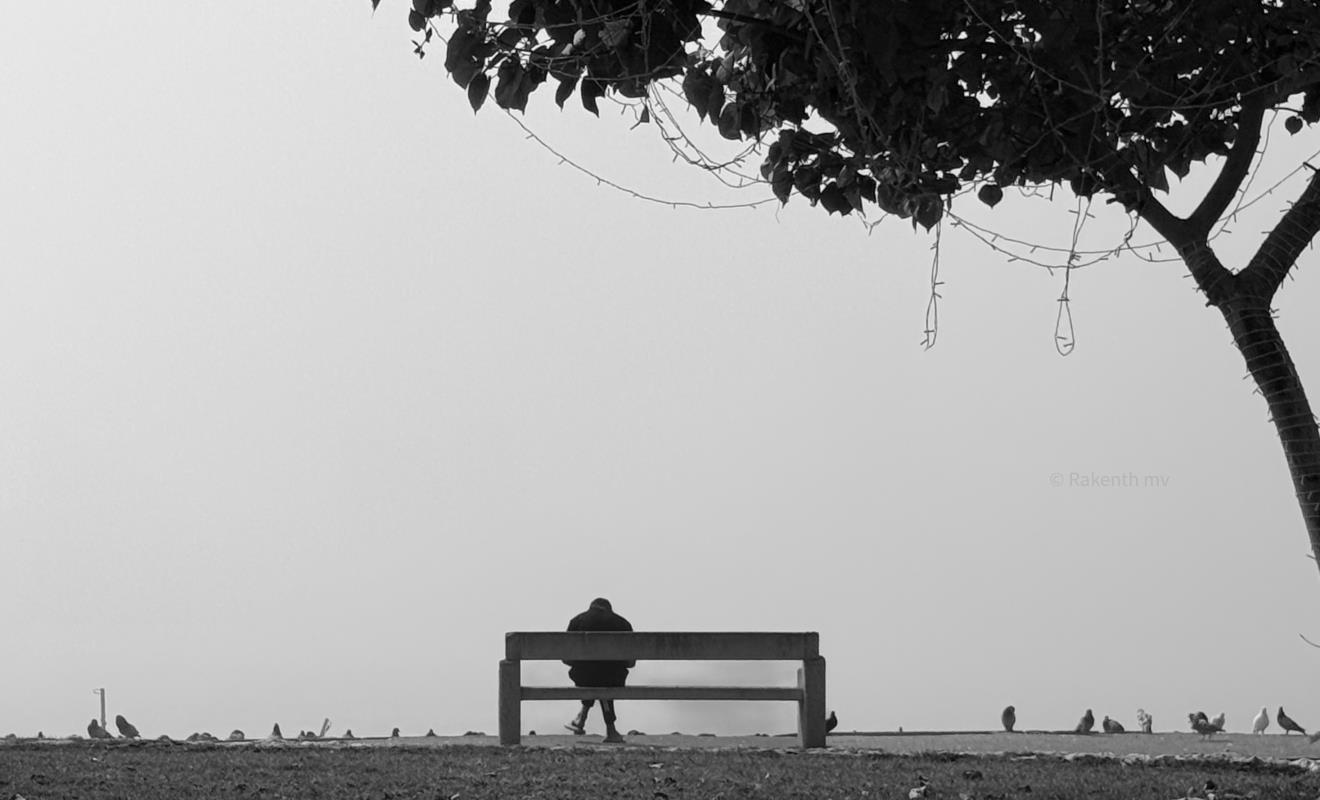
"I was told I didn't look like a gymnast. I was told I looked like I'd swallowed an elephant, or looked like a pig."
After a video of American gymnast Katelyn Ohashi performing a 'perfect 10' routine went viral in January, many on social media focused on her "infectious passion" and the fact she looked "so fun".
But the joyfulness of the performance told nothing of the difficult journey she had been on.
Ohashi was tipped for global success when she beat compatriot Simone Biles - now a four-time Olympic champion - in the 2013 American Cup.
But a back injury ended her elite career - and when she returned to the gym after taking a break, she began to struggle with body image.
"I was trying to work through the pain and crying literally every turn I took," said the 22-year-old. "A coach was upset I had put on weight - he said it was why it was hurting.
"As gymnasts, our bodies are constantly being seen in these minimal clothing leotards. I felt so uncomfortable looking in the mirror.
"I felt uncomfortable walking back into the gym, like there were eyes just targeted at me. I hated taking pictures. I hated everything about myself.
"Even being home was hard. My mom's super skinny and super healthy and she'd be like, 'let's go swimming' and I'd be like, 'I'm not getting in a swimsuit in front of you'."
'A form of abuse'
Body image is described by the Mental Health Foundation as "a term that can be used to describe how we think and feel about our bodies".
And a recent survey of 4,500 UK adults found a third had felt anxious about their bodies.
Ohashi, who started gymnastics at the age of three, says comments from others made her feel self-conscious as a teenager.
"You start normalising things because that's what you know and you grow up surrounded by people that are going through the same thing as you, so it becomes what you expect almost," she said.
"But when you look back on it, I do think it's a form of abuse. It was common, especially in the elite world."
Looking back, Ohashi describes her 16-year-old self as "abnormally skinny".
"Me and my friends would create sick jokes, not jokes but games like we wouldn't eat because we didn't understand what we were doing to our bodies and how dangerous that is," she added.
'Disastrous' effects
Gymnastics coaches run a higher risk of provoking body-image issues in their athletes because of the focus placed on appearance in the sport, according to Dr Jill Owens, a chartered sport and exercise psychologist.
"It can be a lot more complicated when there's an aesthetic element to the sport - like gymnastics," she said.
"Coaches in those kinds of fields have to tread even more carefully because in the past those sports have been associated with leanness and there's an element of being judged on how the sport appears.
"Because the body is such an obviously integral part of sport, it's vital that it is regarded positively.
"Subconsciously, if we're thinking negatively about it, we're much less likely to look after it properly. In sport, that's disastrous.
"It might go a stage further than that and we might be looking after it in an unhealthy way by not eating enough or by overtraining."

















































































